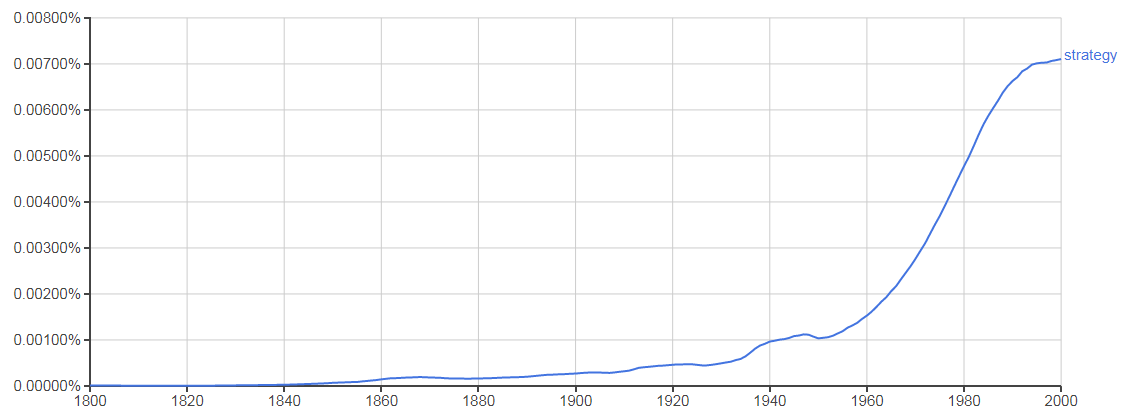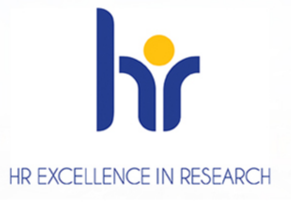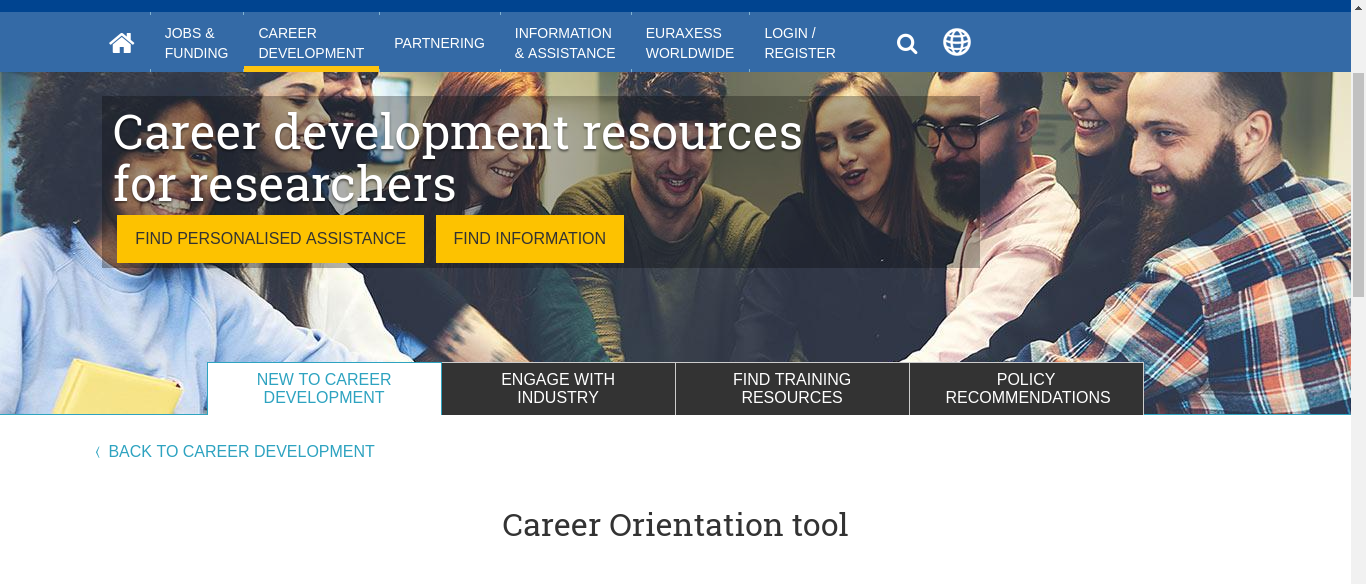A quick search of Google’s N-gram viewer reveals what most academic reviewers know from experience; that the word ‘strategy’ is becoming ever more popular. A strategy is a more flexible approach to achieving a goal than a plan, which probably provides part of the reason for why the word is gaining traction in academia, where things rarely progress as planned.

In the context of a funding environment that makes increasing demands for demonstrable impact, a researcher has to take a more strategic approach to her work. Most researchers start with a review of the broader literature, to understand the role their work will play in the development of an academic discipline. This then allows for the adoption of a flexible approach to project design that increases your likelihood of making a valuable contribution, even if you don’t get the results you want.
Fewer researchers recognise that these same principles can be applied to their career progression. Whatever stage of your research career you are at, it is advisable to set some time aside to think carefully about your broader motivation for the work you do and where you would like to be. This will then help you construct a personal strategy more likely to be effective in achieving a career destination suitable to you, even if things don’t turn out quite as you planned.
This need has been recognised at a policy level. The European Charter for Researchers was developed, in part, to facilitate the career development of researchers. It contains specific recommendations aimed at encouraging the formulation of researcher career development strategies at the national, institutional and individual scales.

Most research-supporting institutions provide such support and looking out for the ‘HR excellence in research’ logo is one way to ensure that an institution is working in line with European policy. In practice though, there are a great variety of institutional budgets for the provision of these services, and, especially if you are a mobile researcher it may be difficult to access a consistent set of resources.
The EURAXESS network is a unique pan-European initiative delivering information and support services to professional researchers. Backed by the European Union and its Member States, it supports researcher mobility and career development and has recently developed and made freely available a set of high-quality materials and resources for researcher career development through its online portal.
The resources target the different stages required to form a personal strategy, from self-reflection tools to training resources needed for skills development. The toolkit is purposely designed to augment a flexible approach to career development, with additional tools that will be of varying relevance to researchers, such as a tool for engaging with industry or for developing the skills needed for intercultural fluency. And upon becoming a EURAXESS member (membership is free) there are additional tools for PIs to provide training for the junior researchers in their group – another important part of European policy in this area.
In the longer term there are plans to roll out researcher career development centres which will provide more direct services through the network. But in the meantime, the EURAXESS portal is a great place to start looking for resources to enable you to start developing a strategy for your own career.




